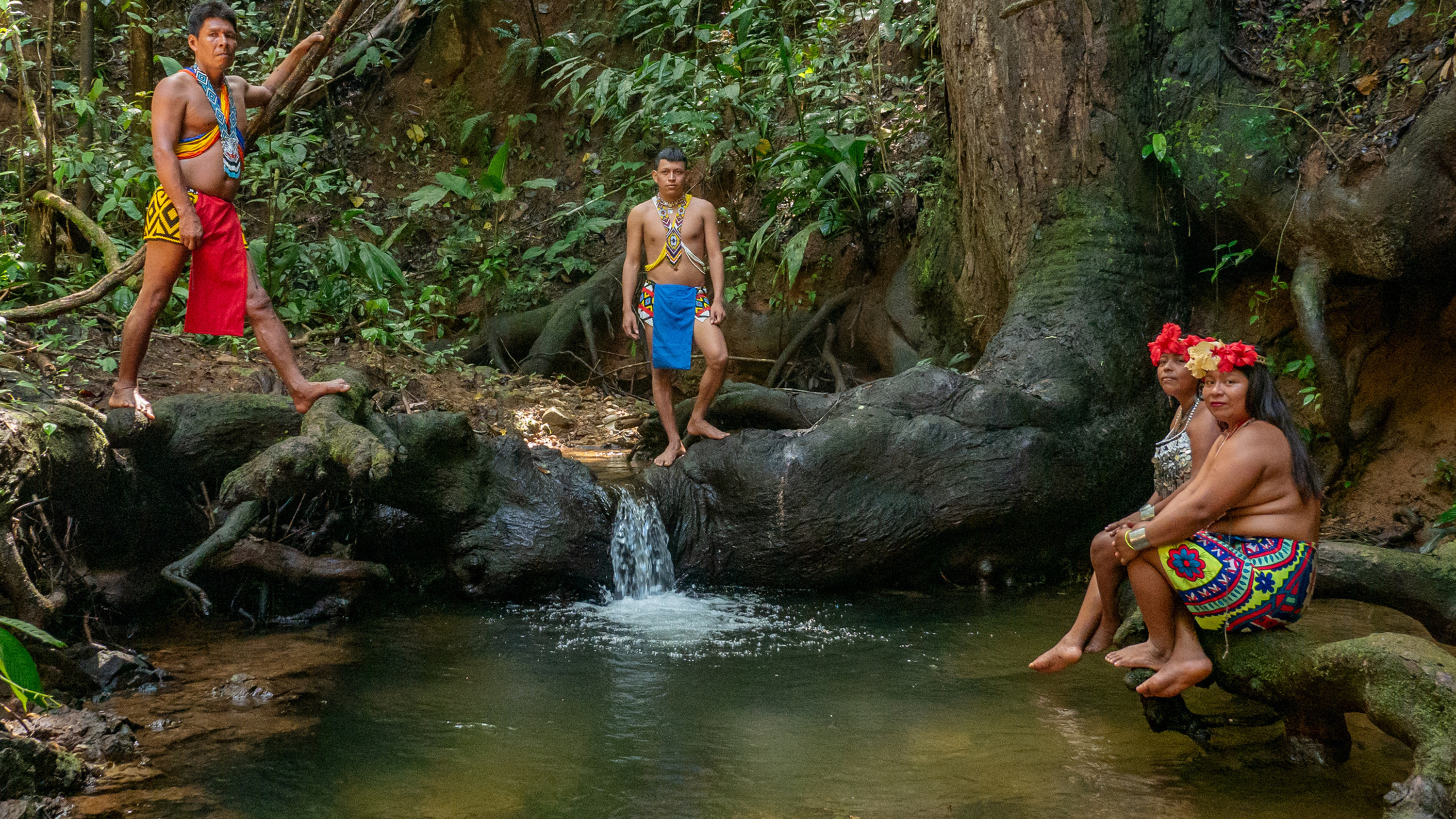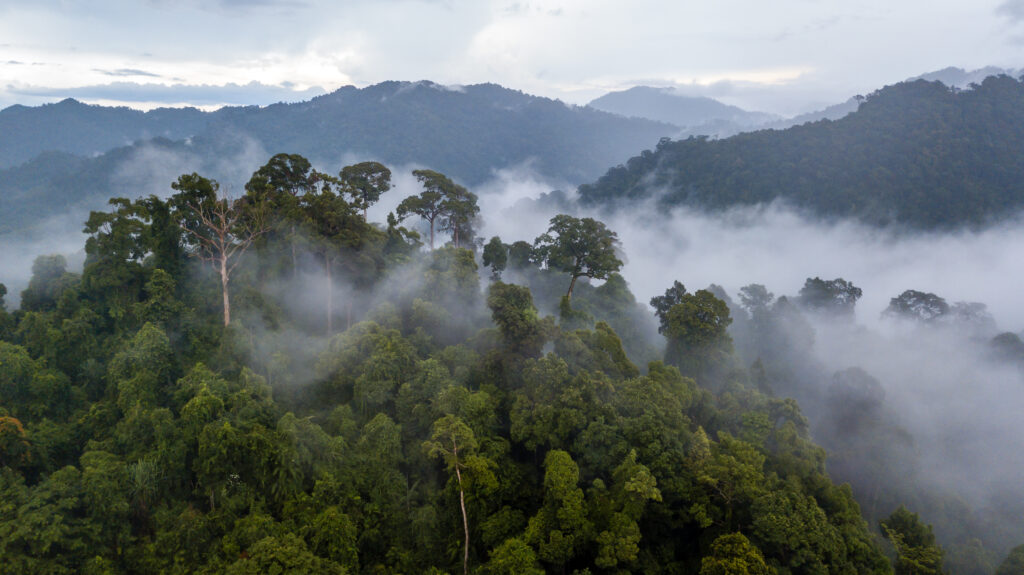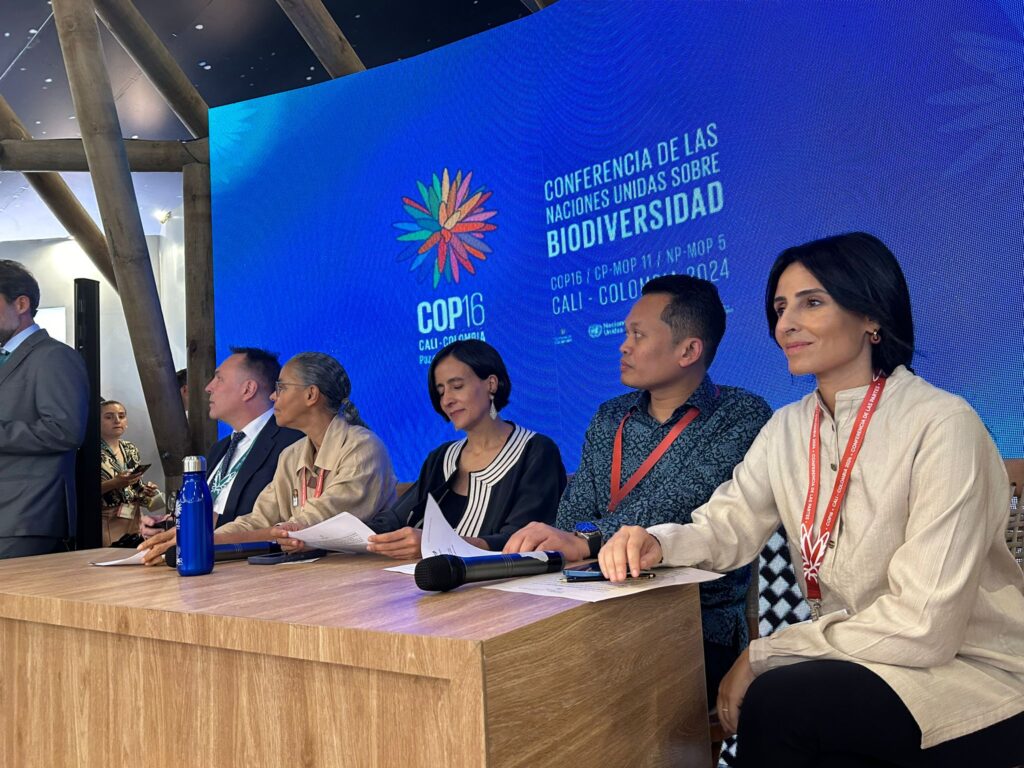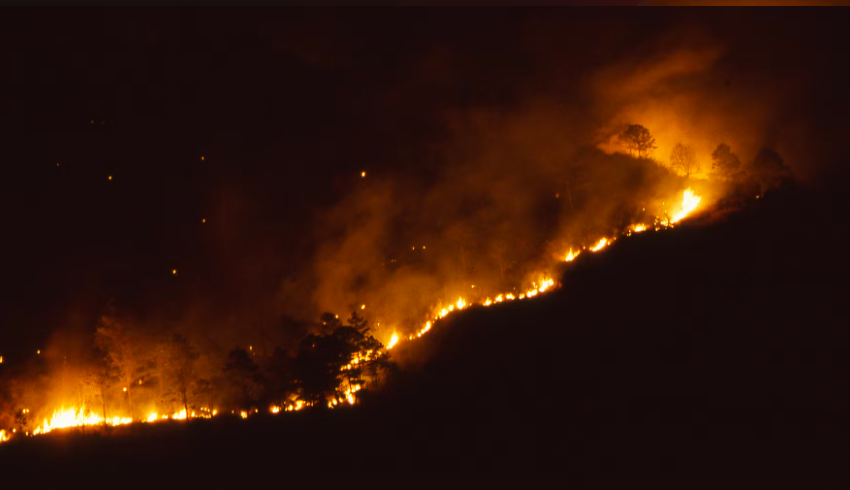Forests of the World Advocates for the Rights of Indigenous Peoples and Local Communities
Indigenous Peoples are the best caretakers of forests. Around four percent of the global population is considered indigenous, and 80 percent of land-based biodiversity depends on their territories.
However, many indigenous peoples do not have legal rights to their lands, and even when they do, authorities do not always remove illegal intruders or respect their right to self-determination over their areas. Many indigenous peoples face threats, harassment, or even murder when they fight against exploitation of their territories.
Forests of the World works both legally and practically for the rights of Indigenous Peoples and improved living conditions. This particularly concerns the right to self-determination over their collective territories, as it is the most effective way to conserve large forest areas. We also collaborate with Indigenous Peoples’ organisations and local communities on projects such as forest monitoring. In this regard, we provide training and equipment, such as drones, satellite imagery, firefighting equipment, and transport, to help them improve their efforts in preventing and halting illegal deforestation and forest fires. At the same time, we support the development of sustainable production and better income from products such as coffee, honey, cocoa, and timber from the forests where they live, in order to strengthen their livelihoods.
From the Rainforests of Central and South America to the Tropical Forests of Africa
Indigenous Peoples
In Central and South America, Indigenous Peoples have rights that grant them self-determination and collective ownership over their territories. Indigenous Peoples are, globally, those who are generally the best at protecting forests.
Local Communities
In several parts of Latin America and Africa, we work together with other local communities who live in and from the forests. It is not possible to conserve the forests without this collaboration, which can ensure lasting change in often fragile communities.
Our Work with Indigenous Peoples in Central and South America

Bolivia
The protection of the rights of indigenous peoples in Bolivia is especially important because the largest forest areas in Bolivia are located within indigenous territories. In Bolivia, the rights of Indigenous Peoples are protected by law, but they are often not enforced by the authorities. Therefore, Forests of the World works in collaboration with our partner organisation CEJIS, to secure the rights of Indigenous Peoples in Bolivia, including the recognition of their territories and human rights. Forests of the World supports the Chiquitano and Movima peoples in creating sustainable forest management, environmental monitoring of forests, and in training young climate activists to take ownership and cultivate the sustainable, commercial value of the forest.
Honduras
Forests of the World is collaborating on a project where young people from the Miskito territories in eastern Honduras, where Forests of the World operates, have learned to use technology to enhance their communication and collaboration across territories. This initiative provides their youth with the opportunity and skills to meet and communicate with other young people, politicians, as well as other stakeholders in an area where communication and transportation are otherwise challenging. This increases their participation in the democratic processes that set the framework and priorities for the development of their region.


Panama
Indigenous Peoples make up around 15% of the country’s population but are largely unrepresented in the national parliament. In 2023, Forests of the World took action to support the Embera-Wounaan and Guna peoples, with whom we already had a collaboration. This has included supporting their organisation, rights training, forest monitoring, and, not least, the establishment of the so-called Diammayala Alliance, which consists of Embera-Wounaan peoples from the territories of Ẽjuä So, Ella Drua, and Ella Puru, Guna people from the Gunayala territory, as well as small farmers from the Mamoní Valley.
Nicaragua
Forests of the World has been working in Nicaragua since 1997, where we have focused on environmental awareness, as well as the development of forest management, agroforestry, and sustainable tourism. We support Indigenous Peoples in defending their forest-rich territories, collective rights, and civil society in supporting
Our focus is concentrated around the central zone of the Bosawás Biosphere Reserve in the northern part of the country, as well as in forests in the southeastern region of Nicaragua.

We Work with Local Communities in Ethiopia and Uganda

Ethiopia
In Ethiopia, we help farmers and cooperatives cultivate agroforestry in buffer zones around forests, as well as in corridors that connect the forests and their wildlife. Agroforestry is not exactly forest, but it is one of the most sustainable forms of land use, addressing many of the challenges faced by farmers, including soil erosion and degradation. Furthermore, our models always focus on growing multiple types of crops together, so that farmers are better prepared for poor harvest seasons of individual crops and the impacts of climate change.
Uganda
Forests of the World collaborates with our partners, who help farmers and cooperatives to cultivate agroforestry in buffer zones around the forests, as well as in corridors that connect the forests and their wildlife. The long-term goal is to link Kibale National Park, Itwara Central Forest Reserve, and Matiri Central Forest Reserve with corridors where tree cover is increased and wildlife can move more freely between the forests. Where farmers previously grew food primarily for their own consumption, they are now working together in cooperatives and being trained to negotiate a better price for their crops.




